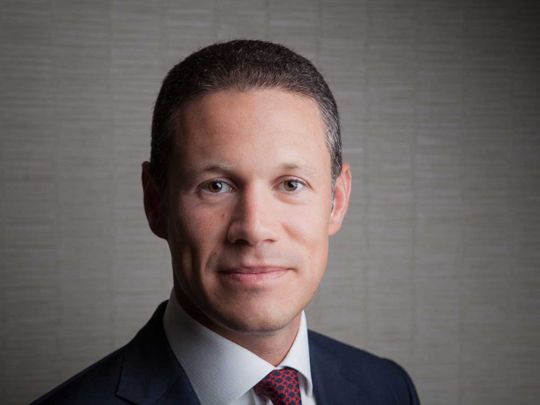
Dubai: For governments and businesses, it’s about getting the other half of the world’s population online. Or 47 per cent, to be precise.
Because that is the estimate of people worldwide who are still offline. And the cost of available broadband exceeds affordability targets in 50 per cent of developed countries. This state of affairs will have to change, according to Badr Jafar, CEO of Crescent Enterprises and a leading voice of the Edison Alliance.
“Addressing the global challenges that humanity and our habitat faces is of course the ultimate goal,” he said. “Technology is a means to that end, and it isn’t the agent of change, either. We, the connected people, are the true agents of change. And history will judge us on whether we really used these tools for the collective betterment of humanity and our planet.”
According to a recent report by the Middle East Institute, information and communications technology (ICT) spending in Saudi Arabia was expected to exceed $37 billion in 2020. Meanwhile, the UAE’s ICT spending is estimated to reach $23 billion by 2024, while Qatar’s spending will amount to approximately $9 billion.
An estimated 70 per cent of new value created in an economy over the next decade will be based on digitally-enabled platforms. “Today, with trillions of dollars of capital chasing yield in a zero interest rate environment, long-term stable tariff-based investment opportunities, like digital infrastructure, is super compelling,” Jafar said.








